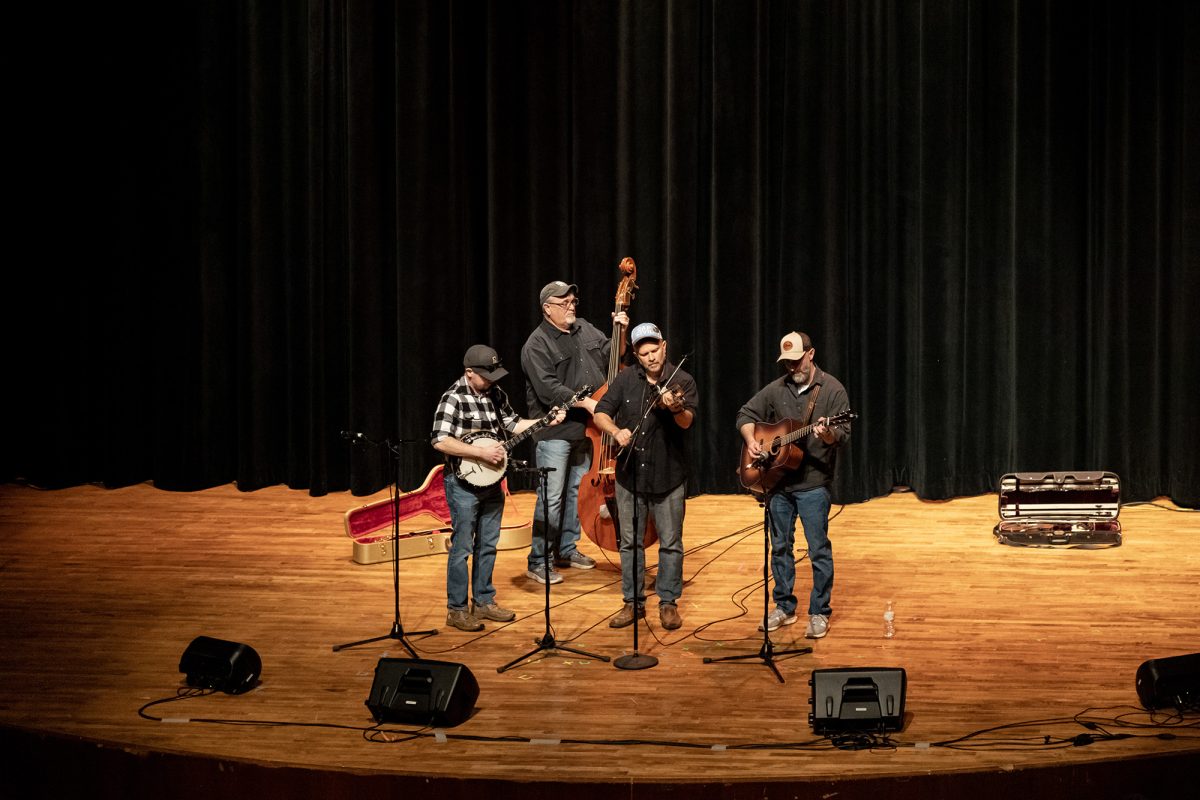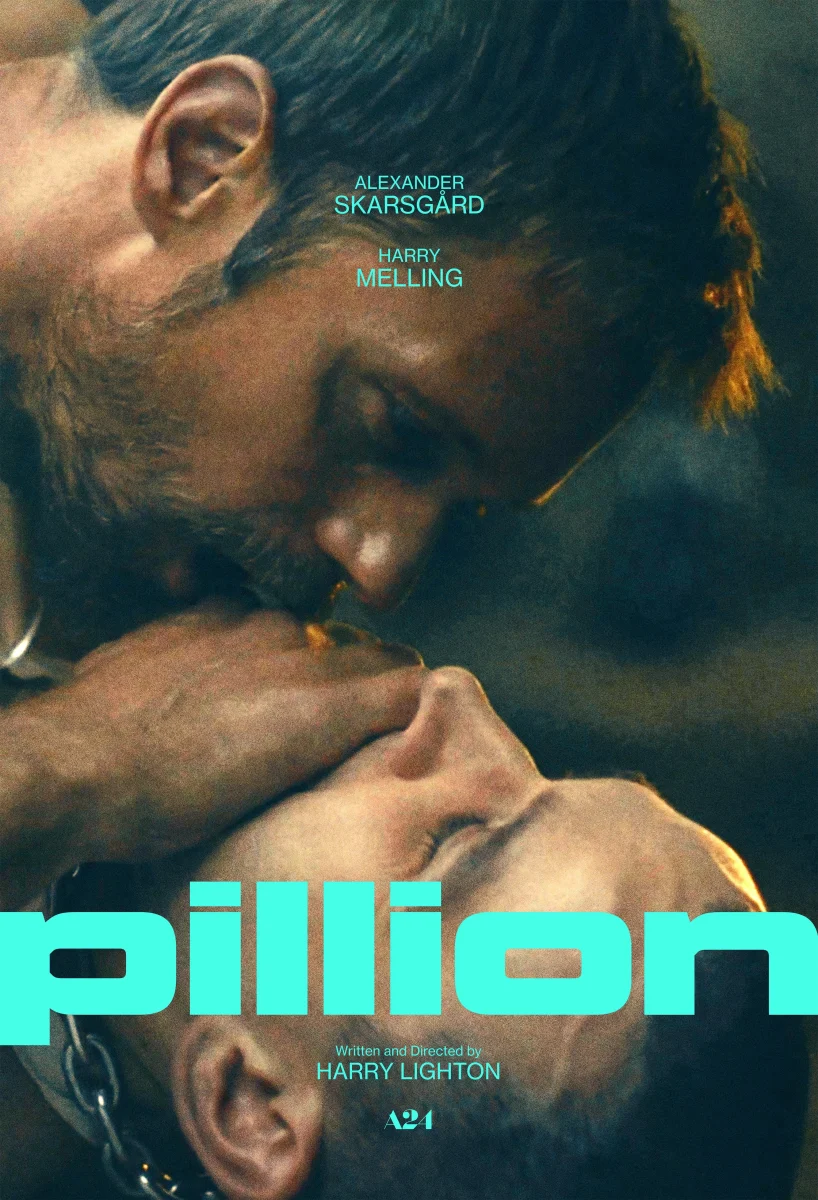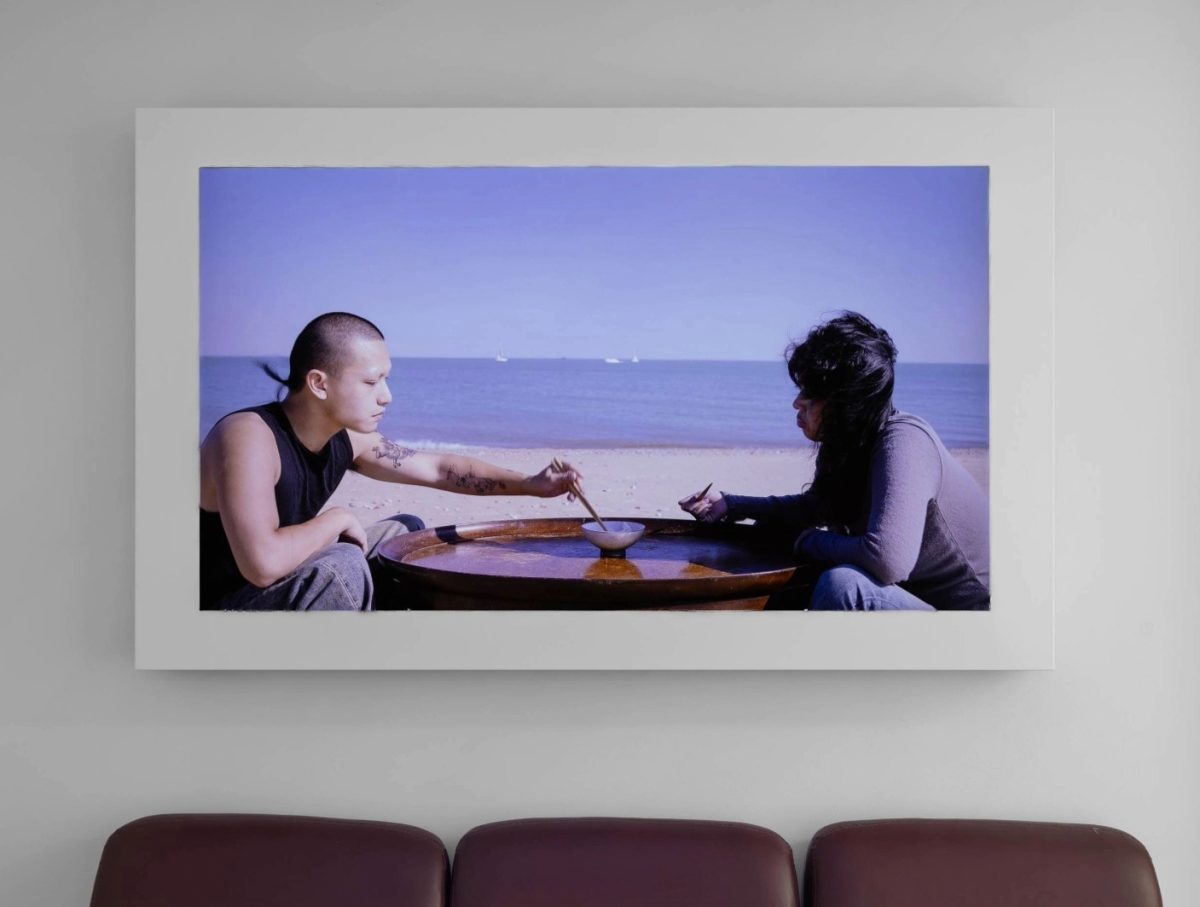Macbeth is a notoriously difficult play to stage effectively. Since its first performance in 1606, Shakespeare’s “Scottish play” has garnered a reputation as dangerous and mysterious, not only for its characters, but also for the actors playing them. Its combination of brutal politics and eerie black magic retains a visceral appeal that many of Shakespeare’s other plays have lost.
Barbara Gaines, founder of Chicago Shakespeare Theater (CST) and director of this production, gives us a production appropriately “bloody, bold, and resolute.” She sets her Macbeth in the present, in a sleekly opulent western world where the men wear black suits or combat fatigues, and the women shimmering ball gowns. The three witches become paparazzi; Birnam Wood comes to Dunsinane behind steely green riot shields.
The set is an austere one, bleakly black and white. Deaths are gruesome, with copious blood and moans or, as in one particularly horrifying sound cue, the snap of a neck breaking. The prevailing gray palette makes the scarlet blood stand out, and certainly Banquo has never looked gorier than when he runs shirtless through Macbeth’s feast covered in bleeding welts.
Even if your stomach isn’t quite strong enough to deal with the more shocking effects of this Macbeth, the quality of the cast offers ample reason to see it. Canadian import Ben Carlson (returning to CST after his successful Hamlet last winter) offers a fervent and slightly unhinged Macbeth who becomes more and more interesting as the play progresses. The text’s insistence on madness is not always played up, but in this production, Macbeth’s encounter with his own ambition really does make him go crazy. Karen Aldridge’s earthy Lady Macbeth is prone to ham through her early scenes, but her second act calms down considerably. A strong supporting cast backs up the regicidal leads, with a hilarious turn from Mamet vet Mike Nussbaum as the porter, and Evan Buliung, another Canadian, as a heart-wrenching Macduff.
When staging Macbeth, a director has to balance realistic violence with supernatural atmosphere and make them both essential to the unfolding tragedy. Gaines’s production focuses on the violent aspect of the play, creating a production that is deeply disturbing—who would have thought any of these characters had so much blood in them? As she points out in her program notes, the choice of Macbeth in an election year is a loaded one, and the production makes an explicit comparison between Malcolm and President Obama. Gaines concludes her notes by saying, “how easy it is for noble intentions to change into evil ones, and how vigilant we must be to protect our country—that’s why Macbeth’s story is so immediate.” The implications of this theory (if Malcolm is Obama, then Macbeth must be—former president Bush?) only make the show more disturbing.
Unfortunately, the increased emphasis on the political side draws attention away from the play’s preoccupation with the occult, and the magic feels labored and out of place. It takes a lot to upstage Shakespeare’s three witches (this production doesn’t) but the choice to make part of the stage a magic circle for incantations just seemed odd. I have always considered Lady Macbeth’s “unsex me here and now” speech a figurative one, and in her power-suited world of chrome chairs and glass bathtubs, it should only be figurative. So to see her kneeling in a circle praying to pagan spirits—who are apparently listening, since the circle blows out smoke whenever someone stands in it——was a deeply bizarre effect, seemingly out of character but never explained.
Perhaps the biggest disappointment was the production’s attempts to integrate video effects. Shakespeare’s text speaks strongly for itself, and Macbeth is, after all, one of the most quoted English plays. Video feeds of Duncan, Macbeth, and Malcolm speaking from a podium are interesting, but the horror movie projected onto a character in the second act is ostentatiously purposeless, the sort of thing that packs more of an impact in your head than in practice. In actual fact, the most interesting and chilling effect in the whole play is achieved with just an actor, a mirror, and a rotating stool. Throughout the production, Gaines’s blocking conveys more emotional and dramatic power than all the video toys combined. I will soon forget Macbeth’s televised speeches, but the tableaux of Lady Macbeth’s death will stay with me much longer.
This is the sort of production destined to be fought over by audience and critics because everyone can recognize good points, even if they don’t agree on which ones. Sexy, brutal, and shocking, this is a play whose gray hues and scars will burn into the back of your retina no matter how you feel about video and stage nudity. It is undeniably a strong interpretation of a play with which many of us have become familiar to the point of complacency. An evening with CST reminds us just how much violence there is in this one play and, more disturbingly, just how familiar so much of it still is.








